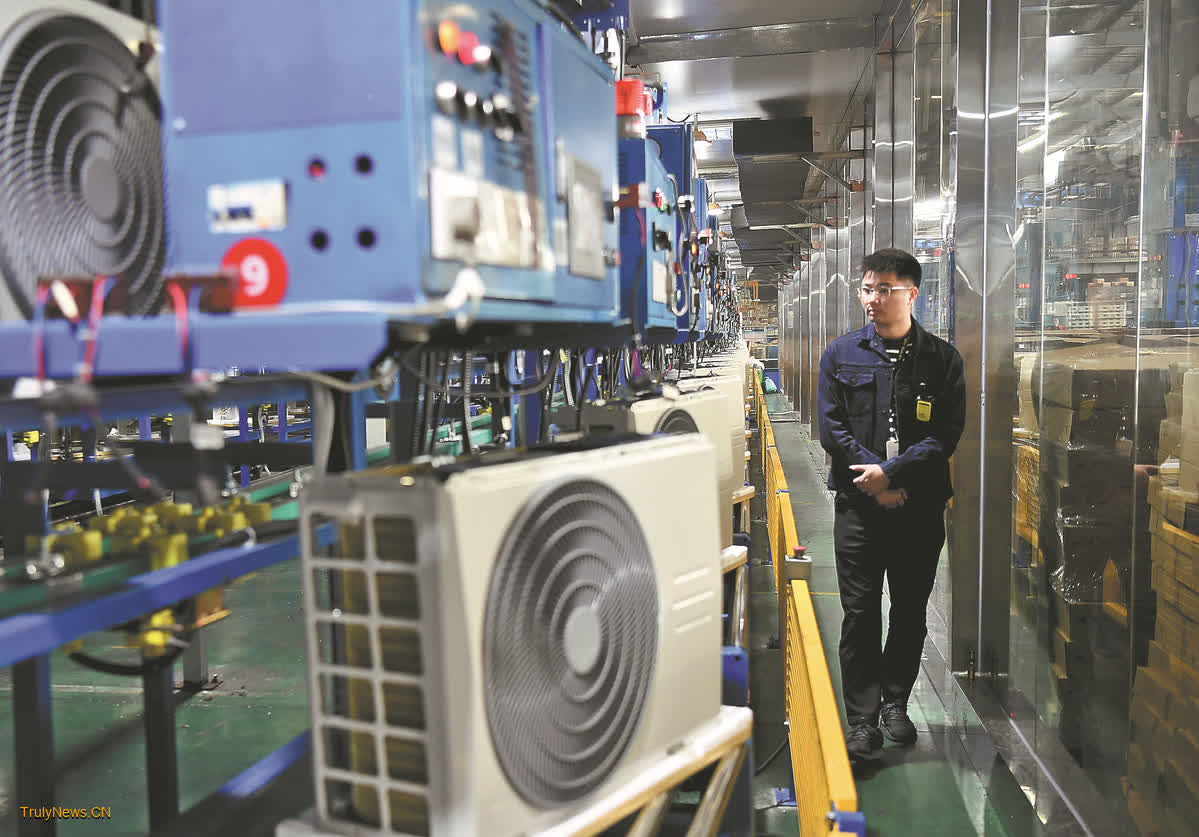
This summer, many have received a text message from the power company suggesting that they set their air conditioners to 26 degrees Celsius or higher in order to save energy, a message that many have ignored.
Data show that when the air conditioner is set to cooling mode, every degree above the recommended 26 degrees Celsius can save at least 4 to 15 percent of energy. Nationally, this could alleviate some of the increased electricity demand, predicted to exceed 100 million kilowatts this summer.
But currently air conditioning control in China relies largely on the self-discipline of residents and businesses, which could improve by upgrading to systematic AC load management that can save energy costs, enhance grid regulation and ensure stable electricity supply during peak summer periods without compromising on comfort or safety. Especially, as public institutions and commercial/industrial entities consume large amounts of energy through their ACs, the power sector can remotely adjust AC temperatures to reduce peak load pressures, ensuring reliable electricity for essential services and key enterprises.
Relevant energy departments can also guide large power consumers to upgrade old equipment and promote devices such as energy-saving ACs and ice storage ACs. Major AC users, such as commercial complexes and office buildings, are encouraged to collaborate with professional energy service providers and apply innovative digital technologies like artificial intelligence, utilize smart building energy management platforms, and explore AC control strategies based on human comfort algorithms.
Strengthening AC energy-saving is crucial for ensuring electricity supply during peak summer periods and requires public participation, which in turn requires promoting public awareness through various forms of communication.
-ECONOMIC DAILY